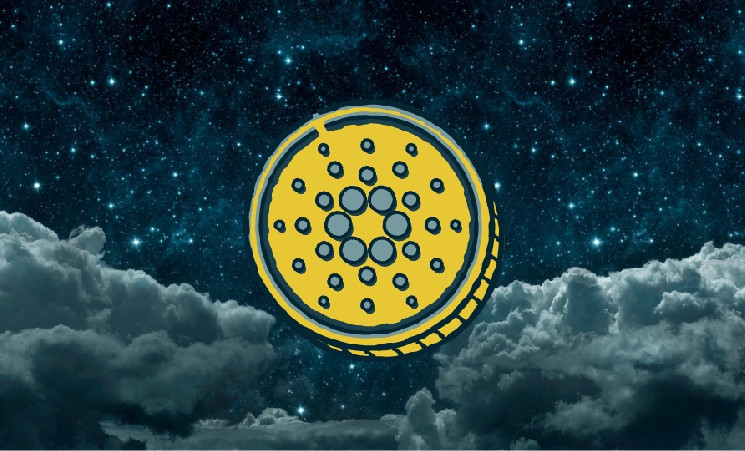After completing the scaling and performance-based Basho phase, the Cardano Foundation announced the move to decentralized governance with Voltaire. Data from Cardanoscan revealed that 24% (14) of exchanges were ready for the transition, 36% (21) were in progress, and 40% (23) still needed to start working on the transition.
Cardanoscan’s data also showed that the exchanges were 31.97% liquidity-ready, stake pools were 80.90% stake-ready, and 33.04% (1024 out of 3099) of the stake pools were ready. According to Dave, a Cardano development and DEX enthusiast, 52.82% of blocks had been minted by Stake Pool Operators (SPOs) that had already upgraded to support the Chang hard fork. The Cardano Foundation declared that SPOs were vital for the blockchain’s network stability, integrity, and block production.
Cardano prepares for Voltaire as the Chang hard fork looms
Cardano should lean into ZK scaling more than Input Endorsers as it's attainable right after the Chang hard fork. These deterministic properties cannot be replicated by other networks, even UTxO ones like Bitcoin, Ergo, or Radix. #Cardano $ADA @phil_uplc @cwpaulm https://t.co/TaZNUM9RjG pic.twitter.com/y3MigdBQRr
— St₳ke with Pride 🌈 SPO & DRep (@StakeWithPride) April 11, 2024
The CEO of IOG, Charles Hoskinson, declared in an X post that Cardano Node had reached 9.0 in June and the blockchain was Chang fork-ready. He pointed out that the layer 1 blockchain would need to wait for 70% of the SPOs to install the new node before the hard fork pushed it into the Voltaire era.
An enthusiast, Phil, explained that Cardano had smooth version-to-version transitions without splitting the blockchain because it used a hard fork combinator (HFC). He emphasized that combining two protocols into one enabled the blockchain to switch to a new set of rules at a predetermined point without requiring manual user interventions or disrupting operations.
According to Hoskinson, the ‘Voltaire milestone’ would transition the blockchain into a decentralized ecosystem with the most advanced blockchain governance for millions across the global market. Phil also mentioned that the Chang hard fork would introduce the first batch of decentralized governance features of CIP-1694.
The IOG CEO asserted that Cardano’s operations would be guided by first-class annual budgets, the wisdom of the entire community, and a treasury.
Cardano eyes post-Chang leadership in ZK-Scaling
The founder and CEO of Anastasia Labs, Philip DiSarro, affirmed on X that Cardano could go beyond its advanced governance to lead the zero-knowledge (ZK) scaling race. He contends the Chang hard fork would equip Cardano with a huge competitive edge in the continuing ‘scaling war.’
DiSarro affirmed that it would integrate Plutus v2 after the hard fork to allow developers to create and launch smart contracts efficiently. According to him, the new version would be able to handle complex computations, which were a cornerstone of ZK proofs and laid the groundwork for high-speed ZK rollup.
DiSarro believed these combined factors would render the layer 1 blockchain a uniquely unmatched platform in the ZK scaling landscape. According to Cardano, these characteristics aligned perfectly with the requirements of ZK scaling, which include enhancing predictability and off-chain transaction efficiency via rollups.
Nonetheless, data from Coingecko revealed that the price of the layer 1 blockchain’s native ADA token had dropped 60% since March 2024 to settle at $0.34 in August despite the promising Chang hard fork developments.
 cryptopolitan.com
cryptopolitan.com
